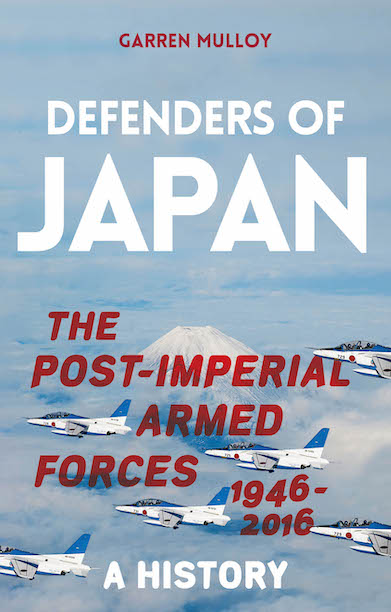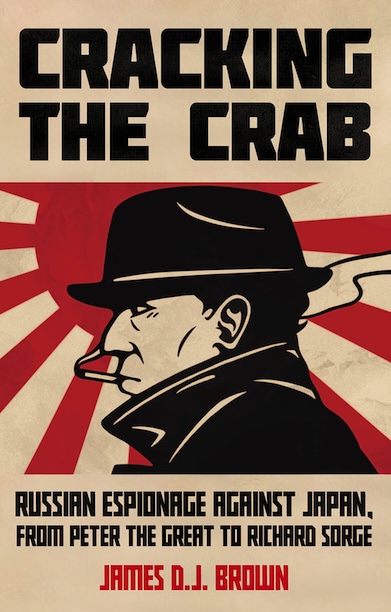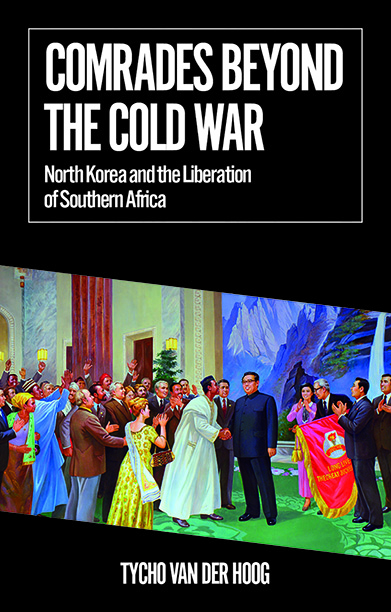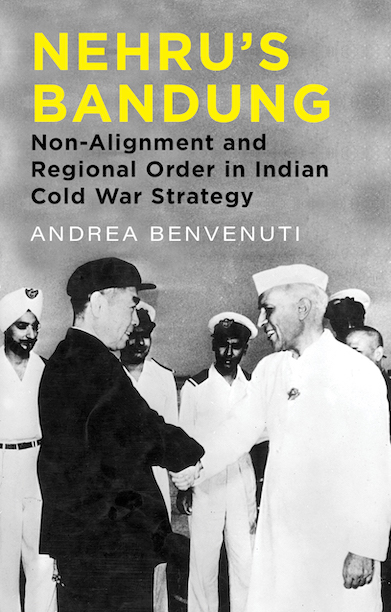Defenders of Japan
The Post-Imperial Armed Forces 1946-2016, A History
Japan’s navy is three times the size of France’s and Britain’s combined, yet most people think it a defenceless nation. This book unravels that paradox.
Description
Japan’s post-war armed forces are a paradox, both embarrassing remnants of the past and valuable repositories of experience. This book charts the development of the Japan Self-Defense Forces (JSDF) from 1954 as both unorthodox military institutions and servants of a civil society that decries militarism.
Investigating JSDF contributions to Japanese and global security, the evolution of such contributions during and after the Cold War, and their possible reconfiguration for Japan’s security needs ahead, Garren Mulloy offers insight into the Forces’ past, present and future. He explores the characteristics and contradictions of Japanese policy, including novel approaches in response to an increasingly assertive China, the latent threat of North Korea and contributory pressure from the US. Though the American alliance remains the core of Japanese security, new partnerships and international overtures will also shape the Forces’ place in Prime Minister Abe’s new vision of ‘proactive contributions to peace’.
Defenders of Japan deconstructs how the JSDF have adapted and will continue to adapt within domestic norms, caught between unresolved legacies of Japan’s imperial past and a dynamically shifting balance of future global power.
Reviews
‘[Defenders of Japan] offers original material that enhances the discussion over the postwar evolution of Japan’s security and defense policy.’ — Japan Review
‘This is an important book for UK military readers, at an important time. Mulloy’s work is the only comprehensive explanation of Japan’s defence forces after the Second World War.’ — Naval Review
‘A unique work. Mulloy does an excellent job of bringing together, in almost encyclopaedic detail, a range of Japanese and English sources. Combining this much information and analysis is extremely expert and quite an achievement. An important addition to works on the JSDF.’ — Chris Hughes, Professor of International Politics and Japanese Studies, University of Warwick
‘Mulloy deserves great credit for this ambitious project bringing together seven decades of events. The book rests on a large array of primary and secondary sources that have produced an engaging and comprehensive narrative.’ — Alessio Patalano, Reader in East Asian Warfare, King’s College London
‘A must-read to understand how Japan’s military evolved into a formidable force despite constitutional constraints and public support for pacifism. Mulloy’s expert analysis of the Abe Doctrine and related policy debates is clear, concise and compelling. A go-to source for anyone interested in contemporary geo-political dynamics in Asia.’ — Jeff Kingston, Director of Asian Studies, Temple University
‘Bridging history and international relations, Mulloy dissects the complex development of the JSDF. With a detailed analysis of Japan’s transformation from empire to state, this book tackles thorny questions of how Japan arms itself and what this means for regional power dynamics.’ — Barak Kushner, Professor of East Asian History, University of Cambridge
Author(s)
Garren Mulloy is Professor in the Faculty of International Relations, Daito Bunka University. Previously Lecturer at Keio University and Visiting Scholar at Cambridge University, he has been researching Japanese politics, history and defence/security for over twenty years.






